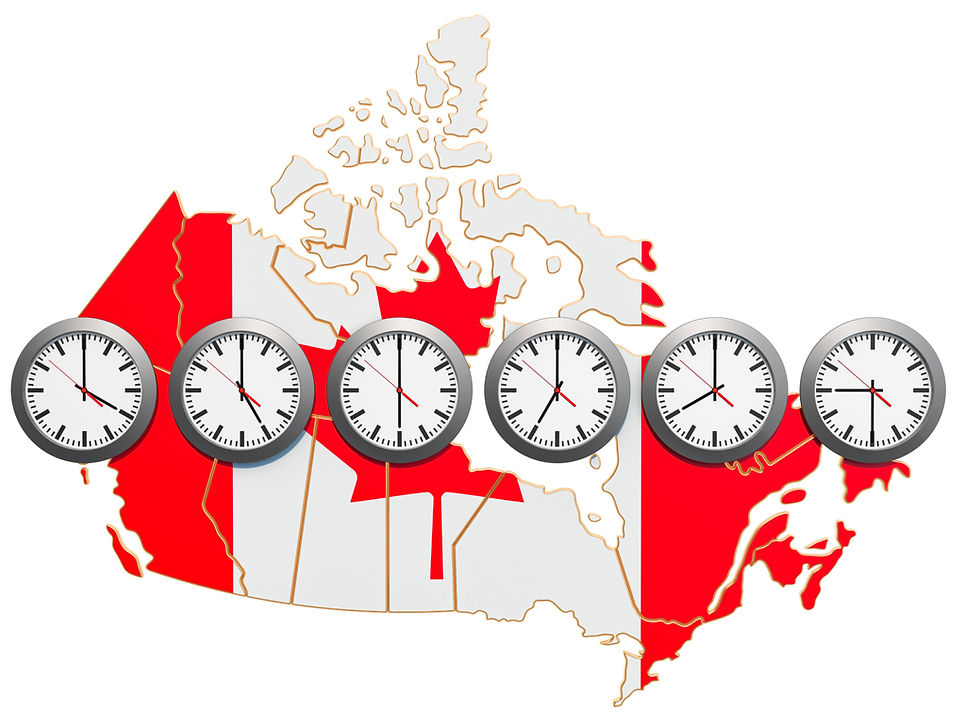Working Coast to Coast: Lessons from a Truly Canadian Time Zone Team
- improve00
- Jun 4, 2025
- 2 min read
Updated: Jan 6

“Powered by Empathy, Wi-Fi, and Whatever Time It Is in Newfoundland”
Working across Canada’s five-and-a-half-hour time zone stretch - from the misty mornings in Newfoundland to the quiet early hours in the Yukon - can feel a bit like passing the baton in a well-choreographed relay. On the best days, our cross-country collaboration means work never really sleeps. Tasks handed off at the end of the day in St. John’s are just being picked up in Whitehorse, and by the time Newfoundland logs in the next morning, there’s a tidy inbox full of completed drafts, reviewed documents, or progress updates waiting. It’s like waking up to a helpful little time-travel gift from your future (or past) colleagues.
Of course, the time zone magic only works when paired with real-world flexibility. For those of us living somewhere in the middle (hi from Ontario!), I often find myself straddling both ends - logging in early to catch up with Atlantic team members, and sticking around later for meetings when our Yukon and Pacific colleagues are just ramping up. These adjustments can be tiring, especially when the calendar fills with meetings outside your typical work window. But they’ve also pushed us as a HIG team to be more intentional about how we manage our time - and each other.
The reality is that working across time zones in Canada requires more than just shifting clocks; it requires a deeper sense of communication, collegiality, and trust. It’s about checking in on what is working, what is not, whether someone else is accidentally living in three time zones, and when to meet halfway (sometimes literally, time-wise). It means someone agreeing to an earlier start so another can tuck their kids into bed, figuring out which meetings could be an email, or flagging when the week’s schedule is just simply looking unsustainable. We’ve made it a habit to check in not just on project progress, but on process, asking openly what’s working, and being honest when it’s not.
What’s emerged is a stronger, more adaptive team - one that’s learned to trade rigid schedules for shared accountability. Despite the challenges, there’s something uniquely Canadian about the way we’ve made this work: polite persistence, a bit of weather small talk, and a lot of mutual support. Turns out, the country may be vast - but with the right mindset, it can still feel like we’re all working just one desk over.


Comments